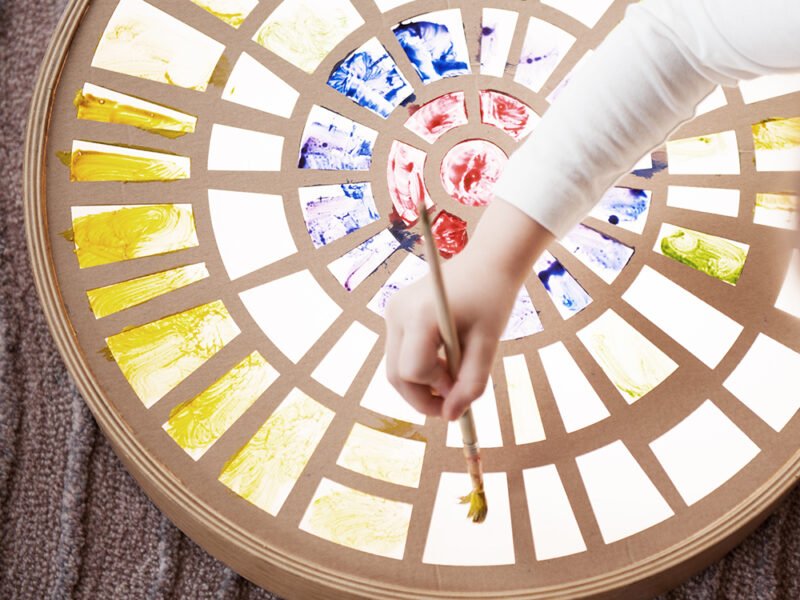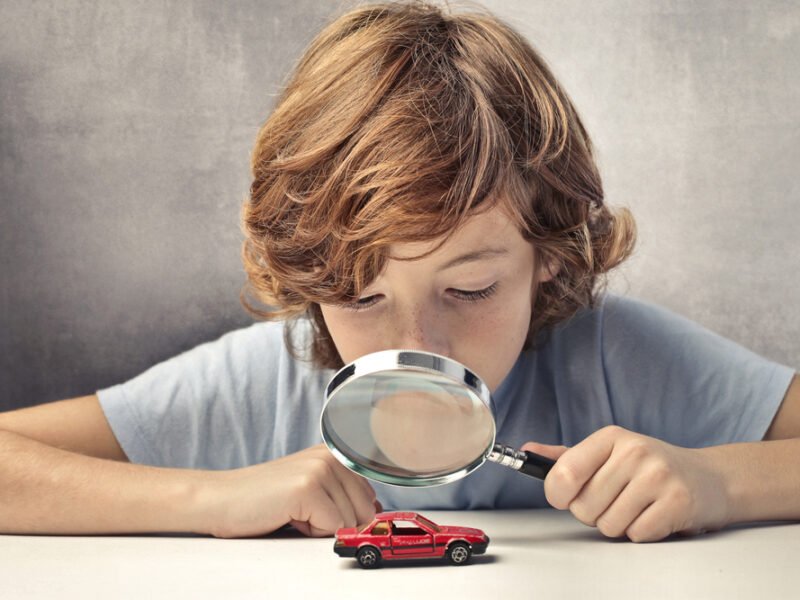What are the best parents in the world? Tiger mothers, helicopter parents, fathers – lighthouses? Free-range or attachment parenting? These are just some of the names you’ve probably heard. Naturally, the question arises – how many of them are there? And most importantly, which is the best? This article is about why we, parents, shouldn’t care about the categories and why we should stop believing that we can shape up the child exactly the way we dreamt of.
Tidying up the closet: parenting types in psychology
Psychological science identifies 4 main types of parents: authoritarian, permissive, uninvolved, and authoritative. Developmental psychologist Diana Baumrind from the USA introduced this classification in the 1960s and it has been used ever since.
Authoritarian parents
Authoritarian parents are primarily controlling parents. Parents have high expectations for their children, set clear rules and a system of punishment, and expect obedience and self-discipline from their children. Communication is one-way: parents tell children how to behave. These parents prefer obedience much more to displays of affection and warm relationships.
Permissive parents
The opposite of authoritarian parents. These parents are warm, loving, and highly value relationships. At home, if there are a few rules or requirements, even parents are reluctant to take measures to ensure that children follow them. Permissive parents do not give instructions or even advice.
Uninvolved parents
Simply put, these are parents who take little care of their children. They may meet their basic needs, but that’s it. Uninvolved parents have low expectations for their children and do not nurture their relationship with them.
Authoritative parents
These parents also have high expectations, as do authoritarian parents, but they have less control over their children. Authoritative parents try to give more advice and, above all, support. In contrast to permissive parents, these parents discipline their children but do not shy away from explaining the requirements, trying to make them clear to the children, and listening to the children’s views on the matter.
Diana Baumrind herself believes that best parents should strive to become authoritative parents. That is the gold standard.
But what about tiger mothers and lighthouse fathers?
All the names that have been newly discovered or mentioned in the popular literature are in one way or another attributed to the 4 fundamental types.
For example, a tiger mother belongs to the category of authoritarian parents. This title became popular in 2011 when Amy Chua, a Chinese-origin American mum and law professor, published a book entitled “Battle Hymn Of The Tiger Mom”. In this book, a mother talks about the Chinese tradition-based parenting method she applied to her daughters. She said that strict discipline and high expectations were necessary to achieve excellent results, mostly in academics.
The term “lighthouse parent” was coined by Dr. Kenneth Ginsburg, a pediatrician, and author of the book “Raising Kids to Thrive: Balancing Love With Expectations and Protection With Trust”. He says: “We should be like lighthouses for our children. Stable beacons of light on the shoreline from which they can measure themselves against. Role models. We should look down at the rocks and make sure they do not crash against them. We should look into the water and prepare them to ride the waves, and we should trust in their capacity to learn to do so.” This is the type of authoritative parent.
Best Parents Are Self-Improving?
When you type “parenting” into the search box on Amazon Bookshop, the search generates a selection of 60,000 books. Almost every self-respecting media portal lists a column on parenting (e.g., “The New York Times”) alongside politics, business, art and sport, although just below. Even “The Economist” has at least 100 articles on parenting.
Parent involvement and significance in the child’s learning journey is growing and changing. We wrote about this in our most read blog post here.
The flow of information on how to be best parents is enormous. Or how to be a great leader, stay healthy and happy!
People will spend about 44 billion USD on personal development this year, and this amount will grow by 6% over the next few years. So, the information (and pressure) on how to become better in all areas of life is only going to increase.
Be a gardener, not a carpenter
With the constant pressure to be a better parent, some parents just get cold feet. For me, too. I feel that the price we pay for this perfection striving is very high: constant dissatisfaction with ourselves, tiredness, and otherwise a lack of joy in life.
Alison Gopnik, a development psychologist, in her book “The Gardener and the Carpenter”, says that parents worry too much and suggests that we should see parenthood as a gardener’s job, not a carpenter’s. As a gardener who plants, waters, and shapes the garden, but who is aware that nature is doing its work too and that not everything will be the way we parents have planned it to be.
This poetic metaphor has made my everyday life easier! When I think about my children, instead of worrying (are they on the right path?), I allow myself to experience a sense of wonder (how many paths are ahead of them!).
We over-emphasize parenting
Bryan Caplan reveals how having more children can make us happier in his book “Selfish Reasons to Have More Kids”. He says that we have much less influence over our children than we think. Genes have much more influence than we think in the long term in average families in the developed countries. He draws on different studies on twins and adopted children. Parents, he says, suffer from what psychologists call “the illusion of control”.
Does this mean that parenting is unnecessary? No, it means that, in the long run, if you live in a developed country, your children will probably grow up to be good people, regardless of whether you were best parents or mediocre ones. And upbringing is important – because, according to the same studies on twins and adopted children, it is the parents who make a big difference in the way their children perceive and remember their childhood.
These authors share the view that we see parenting too much as a chore, as a duty to do the work and to create (sculpt, like a carpenter) the work we imagine.
Pay attention to what you pay attention to
I believe you are not in the ranks of uninvolved parents if you are reading this article. Being a good mother is enough to be the best for your child. You are best parents in the world if you are loving, responsible, and feeling the joy of life.
Adam Grant, a professor of organizational psychology, says: “Parents try to teach values in conversation, but children learn more by observation. No matter what we say, kids discover what matters to us by watching what we do. Where we focus tells them what we prize. A key to being a good role model is paying attention to your attention”.





